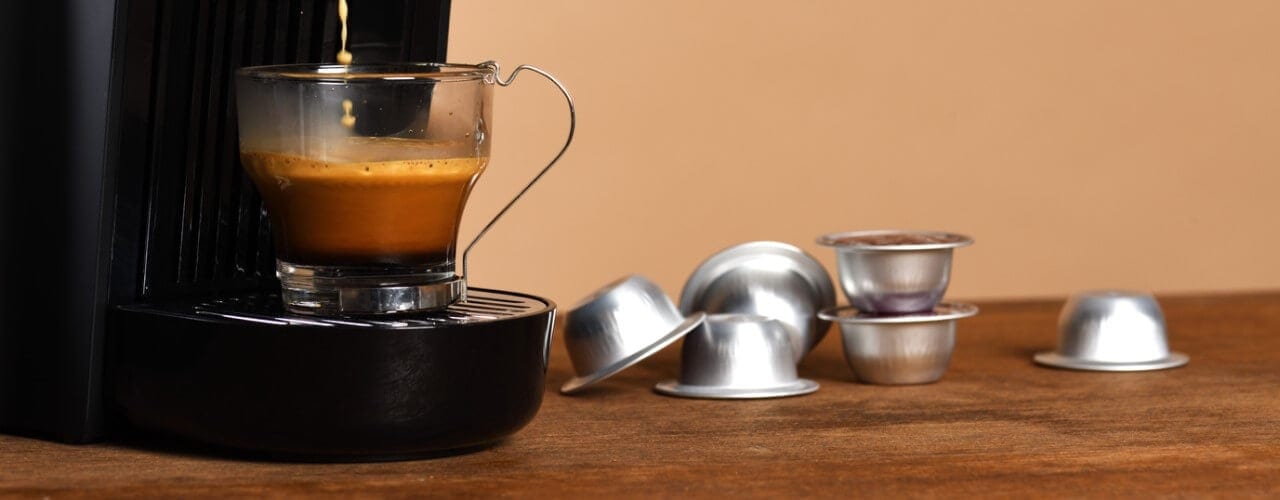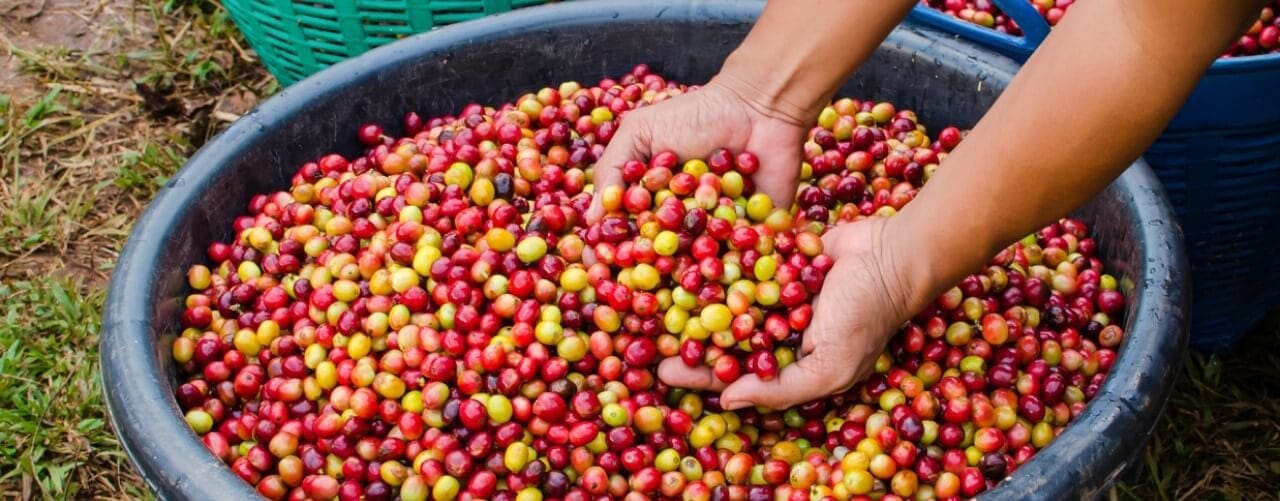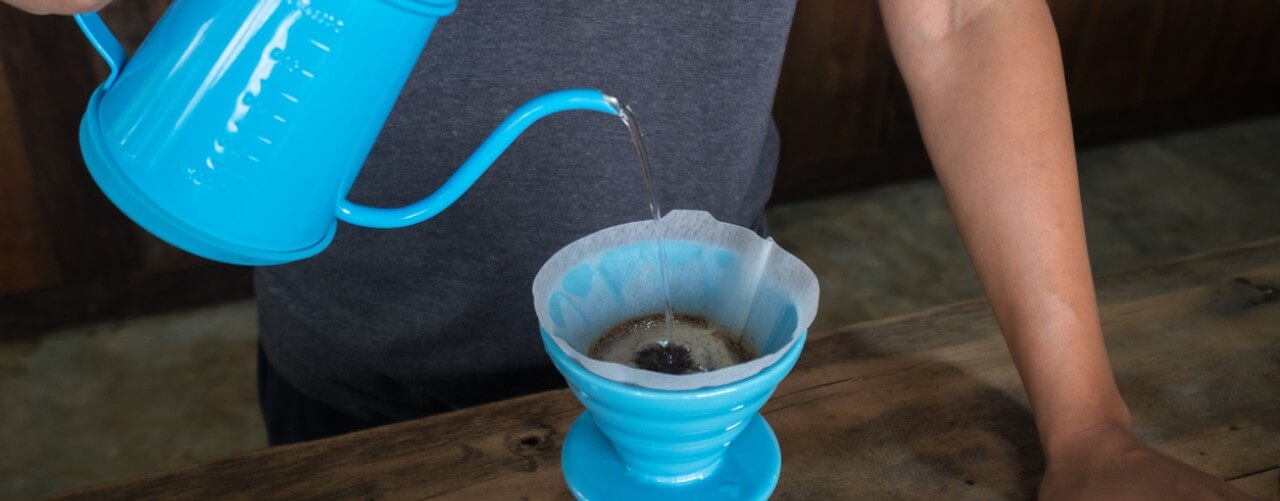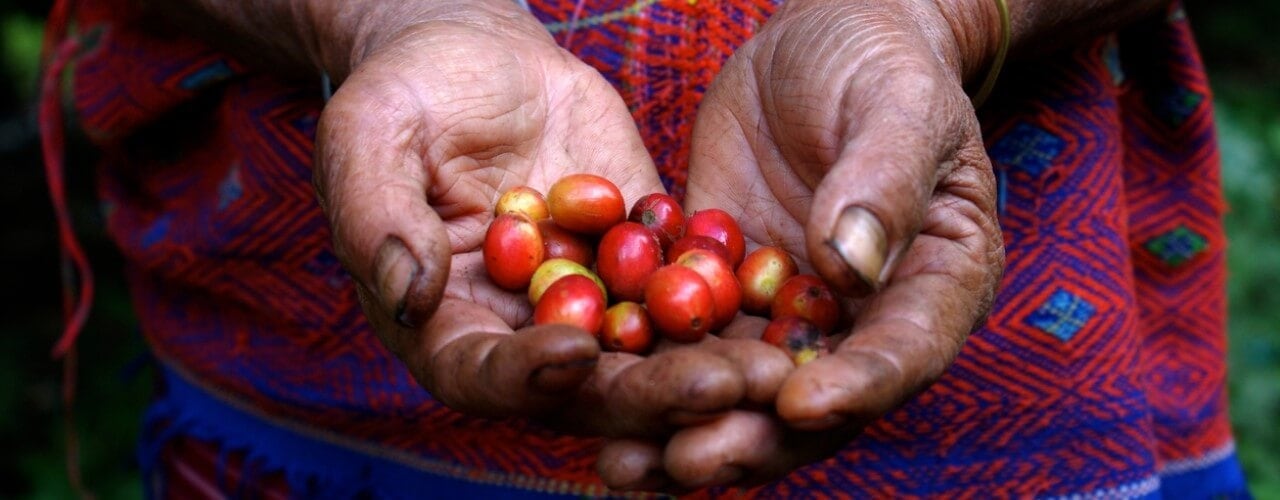
FREE Magazine subscription with every coffee subscription. Click to find out more!
GOE Coffee is now incorporated with Premier Christian Marketplace. If you have an existing subscription, you can still log in here at GOE to view your account and amend your subscription.

Over the past decade there has been increasing demand by consumers to understand where the produce they buy has come from. Globalisation has acted to bring industries and people closer and also created the opportunity to ask questions of producers and suppliers about how they manage the production process. Today, traceability, transparency and provenance are at the top of the agenda for many people and this has driven the demand for ethically sourced coffee.
In the late 1990s Vietnam entered the coffee production industry with a vengeance and flooded the market, which triggered an eight year crash in prices. At one point the market dropped to $0.20c/lb – bearing in mind that the average Central American coffee estate has production costs of $1.75/lb this created a crisis that meant producers were just growing debt and many were forced to give up their land. While some took this opportunity to buy low and sell high this was the point at which organisations like Fair Trade stepped in to start protecting local farmers and growers, providing a minimum price of $1.40c/lb. Other certification systems also appeared at this time, such as Organic and the Rainforest Alliance, seeking to provide consumers with more information about how their coffee had been grown and to protect smaller growers.
The increasing consumer demand for higher standards and greater transparency fuelled the specialty coffee industry, which was built on providing a superior quality that depends heavily on the producer. This is an industry that supports a better approach throughout the coffee production process and often goes further than traditional certification systems. For example, the cost of speciality coffee often not only covers fair costs of farming production but also a quality premium that can be 100% higher than a Fair Trade buyer might ask. With the speciality coffee industry leading the charge ethical sourcing looks a bit like this:
High quality and ethical sourcing are inextricably linked in coffee. Supporting the ongoing improvement of the industry comes as a result of paying fair prices and not being tempted to buy low and sell high as has been the case in the past. Ethically sourced coffee helps to largely bypass market forces and focus instead on the people involved in the production process, recognising that coffee needs to remain a profitable industry but also that this can be the result of quality improvement, sustainability and communities and not just hard cash. Find out more about sustainable coffee and how we support and help fund the growth of ethical coffee plantations across the world.





Coffee pods have created their fair share of controversy ever since they were first introduced. However, while there’s no doubt that this market was built

As the current pandemic situation spirals around us and uncertainty taints future excitement and plans, many of us have been turning to our daily routines

Over the past decade there has been increasing demand by consumers to understand where the produce they buy has come from. Globalisation has acted to

Buying produce with a “Fair Trade” label means that the farmers and other producers involved in the process of bringing that product to the consumer